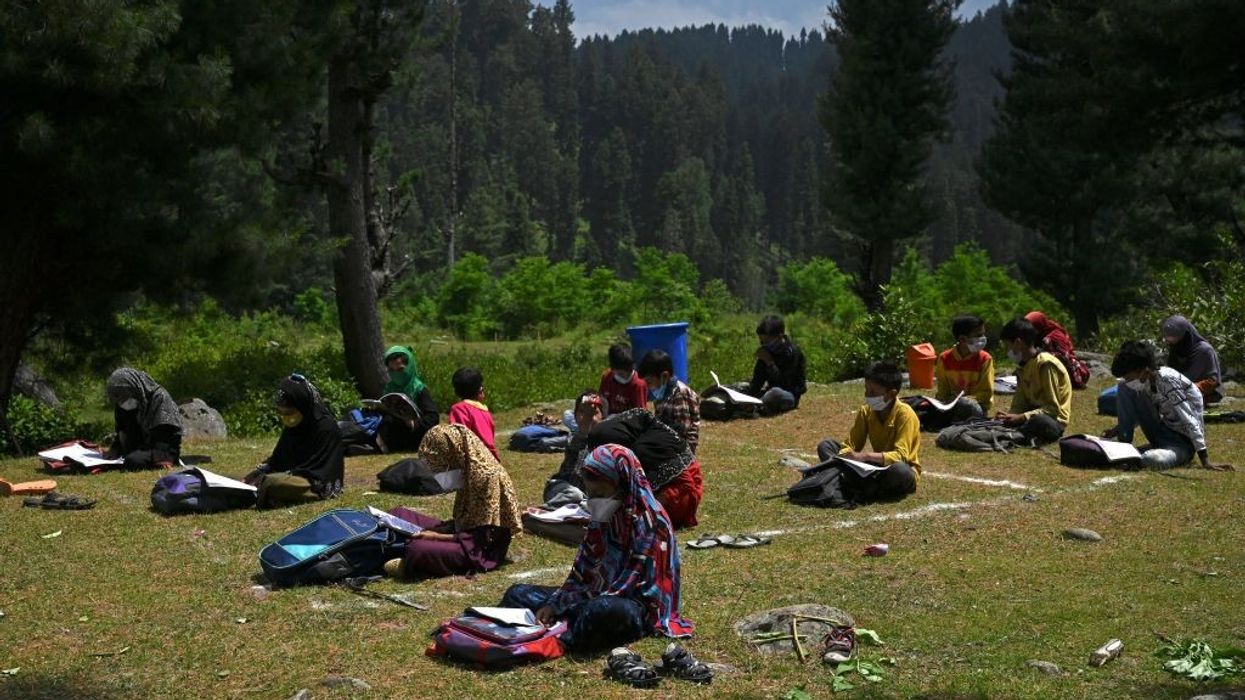INDIA ended a 149-year-old tradition of moving the government of Jammu & Kashmir state between the winter capital in Jammu, to its summer base in Srinagar last week, according to a report in The Times.
The 'office shifting', with an expense of £20 million per move, involved the difficulty of relocating tens of thousands of people and a convoy of 150 trucks 190 miles across a mountain range every six months, the report added.
That tradition was ended as officials declared it was 'too expensive and disruptive', The Times report said.
Civil servants will now be divided between Jammu and Kashmir and they will simply have to bear the heat or cold of their respective places. Since everything has finally been computerised, none of the files need to be moved, it added.
When the British used to move the entire apparatus of the Raj from New Delhi, which in the summer is unbearably hot, to Shimla in the mountains for a few months, they must have got the idea from here.
The “durbar move” (a durbar is a “ruler’s court”) refers to the fact that it was the maharajahs of the state who first started the custom because they could not tolerate the heat of Jammu.
But it was originally conceived 400 years earlier by the invading Mughals, who hated the searing heat and dust of the plains of north India.
Then they discovered the cool, snow-topped mountains and meadows of Kashmir and the Emperor Jahangir was so bewitched he spent almost every summer in Kashmir, taking his entire durbar with him.
According to the report, the mode of transport for modern-day civil servants in Jammu & Kashmir depended on their status. Ministers, judges and senior bureaucrats travelled by air. Those in lower ranks took a car or bus. From start to finish, the exercise took about 20 days.
Zareef Ahmad Zareef, a Srinagar poet and historian, told The Times that local people had a sentimental attachment to the tradition and saw it as rather romantic but they had also realised it was time to bid farewell.





